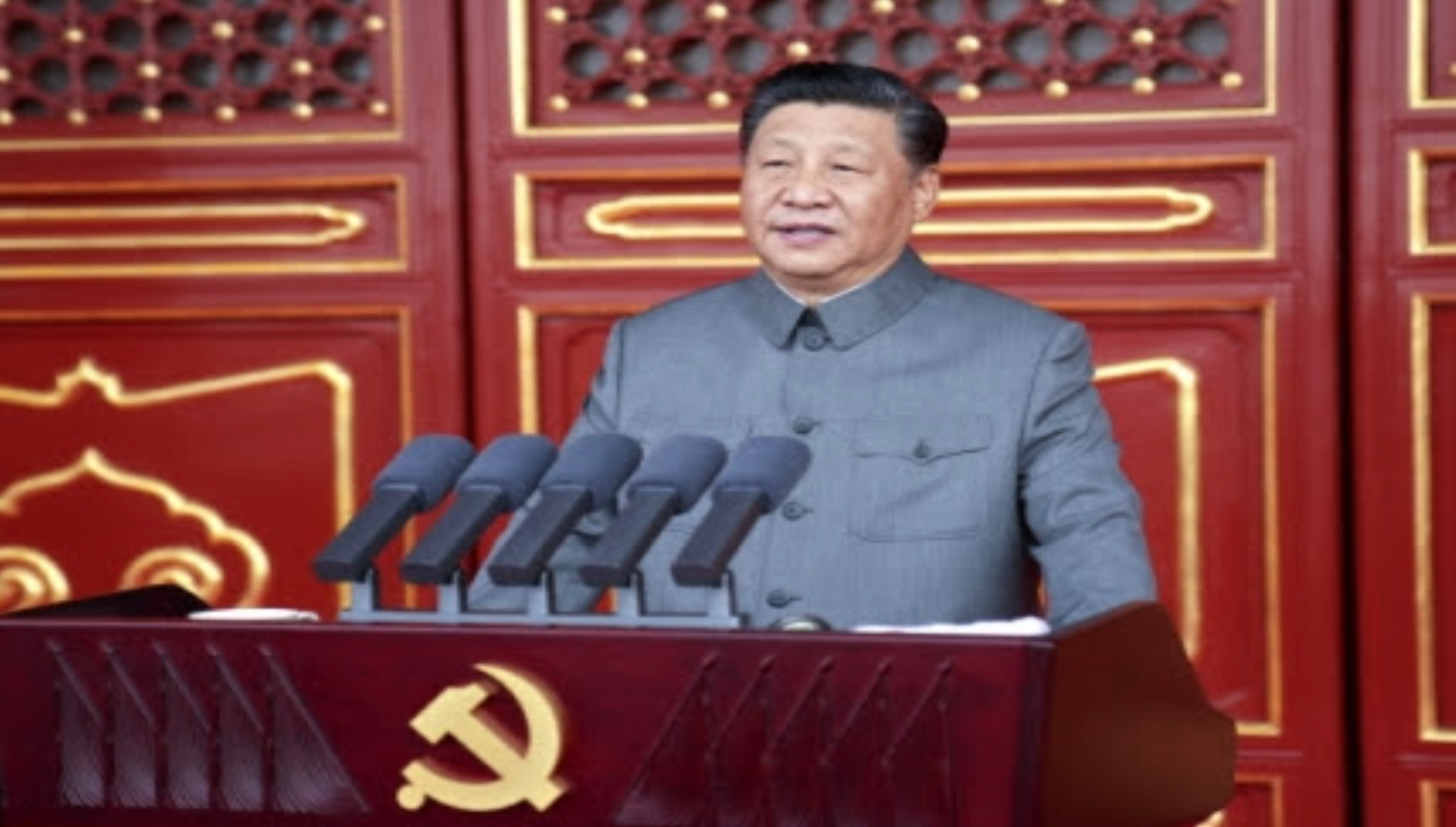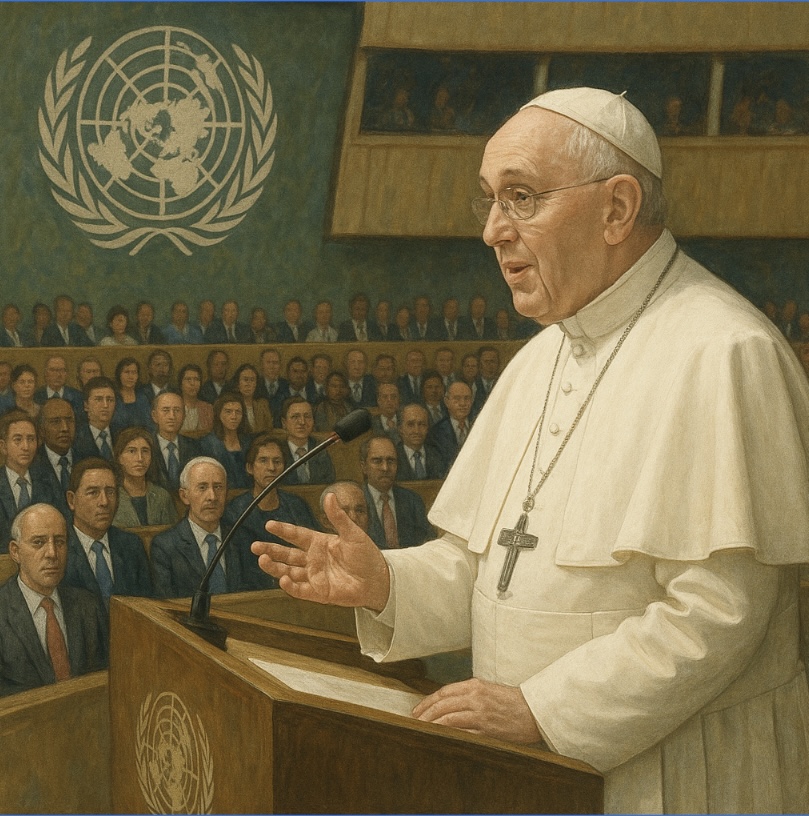Establishing accurate aesthetic standards
The expulsion of celebrities induced social scandals

[해외특파원 1기 / 조수아 기자] In recent years, China has begun to establish social and economic discipline. Among them, the ‘Hong se zhengfeng’ movement against celebrities is becoming an increasingly debated issue.
The ‘Hong se zhengfeng’ movement aims to eradicate feminine male idols and establish accurate aesthetic standards. The Chinese government identifies men in the entertainment industry who exhibit what they deem to be feminine appearances and behaviors (such as male idols who apply makeup) as threats to China’s traditional social values as they fail to match the image of forage: a typical male symbol in Chinese culture. As a result, these celebrities are often degraded as “nyang pao” – a term meaning feminine in Mandarin. Furthermore, the Chinese administration claims that teengaers are negatively influenced by the notion that a man can be prettier than a woman, and argues that “an idol who cannot tell whether he is a man or a woman” ruins the future of Chinese children.
The CCP administration not only interfered with the domestic appearances of feminine celebrities, but also manipulated idol selection audition programs and reality entertainment programs in which stars and their children are featured together. In addition, the Chinese Ministry of Culture and Leisure announced a new program – “Celebrity Education Management and Morality Reinforcement Plan” – aimed at forcing all Chinese entertainers to study President Xi Jingping’s ideology with regards to culture and art through theoretical learning and research exchange opportunities. The Chinese authorities have similarly expelled numerous celebrities who have been involved in social scandals.
Amidst the draconian ‘Hong se zhengfeng’ movement, the next targets of expulsion are expected to be entertainers of foreign nationalities as nine Chinese celebrities with foreign nationalities have already been included in a list of candidates to be banished from the Chinese entertainment industry. However, there is yet to be sufficient evidence to determine the validity of such speculation.





